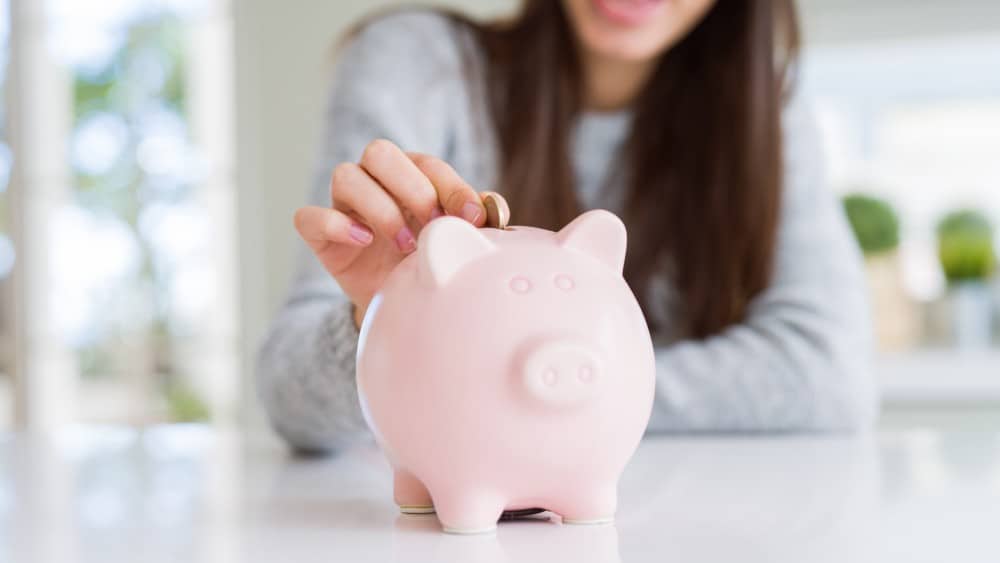Like many Brits during the numerous Covid-19 lockdowns, I found solace in the kitchen – specifically, baking bread. Naan, baguettes, sourdough, bao buns, fougasse, bagels and pretzels have all been attempted… some even successfully!
It’s something that I’ve enjoyed doing, plus it’s a relaxing activity that allows my mind to switch off, as well as having the added benefit of not requiring me to look at a screen (sadly, a rarity during this pandemic).
As it happens, I had begun forming only my second ever sourdough starter just one day before Boris Johnson’s announcement that England was going into a third national lockdown. And it got me thinking…
What if I continued 2021 as I began, baking my own bread rather than relying on supermarket loaves? (At least I’ll know all the ingredients that have gone into it!)
In true MyWalletHero fashion, I wanted to make sure that this would be cost-effective. So I ran the numbers.
Following a Bread Ahead recipe, in total I needed 82g of rye flour and 85g of strong bread flour for my starter.
When it came to making the sourdough itself, I needed an additional 50g of rye flour and an additional 400g strong bread flour.
For £2 I picked up 1kg of rye flour from my local supermarket, which works out to seven and a half loaves of sourdough bread (1000/132 = 7.57).
For 7.5 loaves, I’d need around 3,650g of strong bread flour. At £2 for 1.5kg off the shelf, that works out to a little under £4.90 – £4.87 to be precise – if I’m just looking to make seven and a half loaves… but, of course, I’m never going to make ‘half’ a loaf!
Now, I’m partial to a sandwich, and probably tend to buy a loaf every week or so. Let’s estimate that over the course of a year, I want 45 loaves (ignoring my waistline as I write these words!)
The cost of making 45 loaves, using this recipe, works out to £44 – or 97.8p per loaf: rye flour = £12; £30 for strong bread flour.
Meanwhile, the price of a pre-made sourdough loaf sits at around £1.50 in the supermarket.
Those that receive our newsletter will know from my regular column that I truly believe every little bit of cost-cutting helps.
And if I can avoid paying an extra 50% on what it costs me to bake a tasty loaf of bread, then I’m going to try to!







